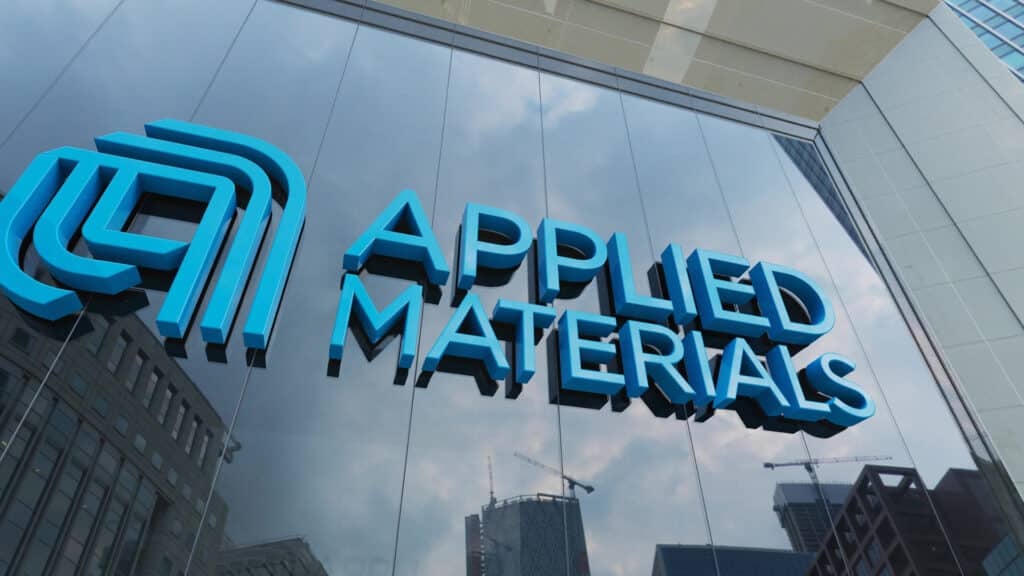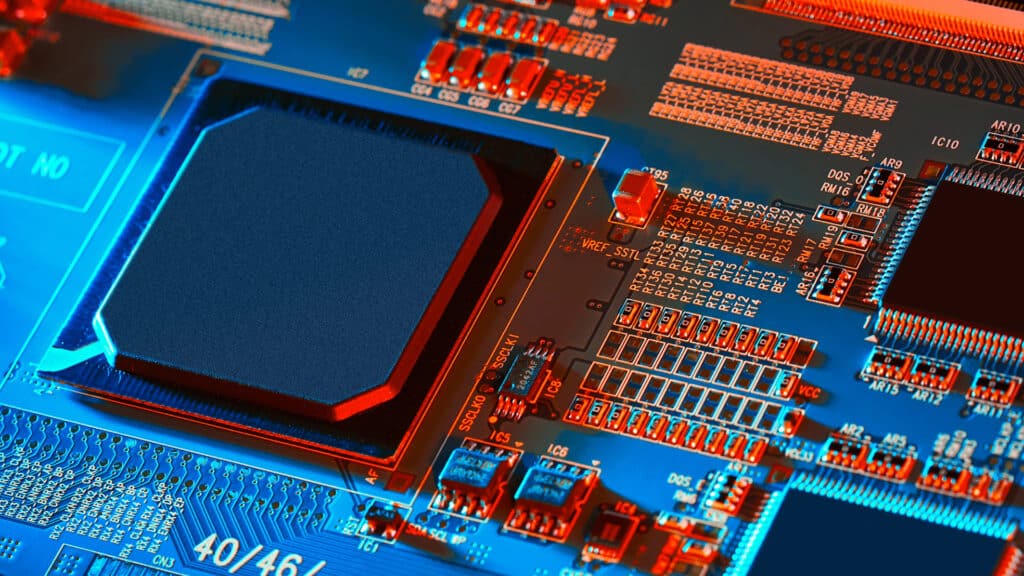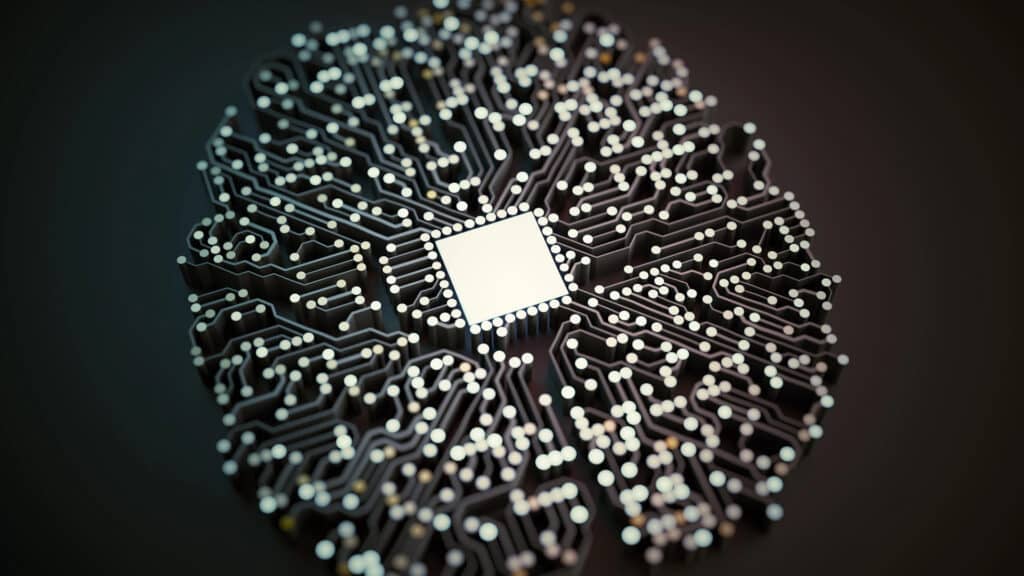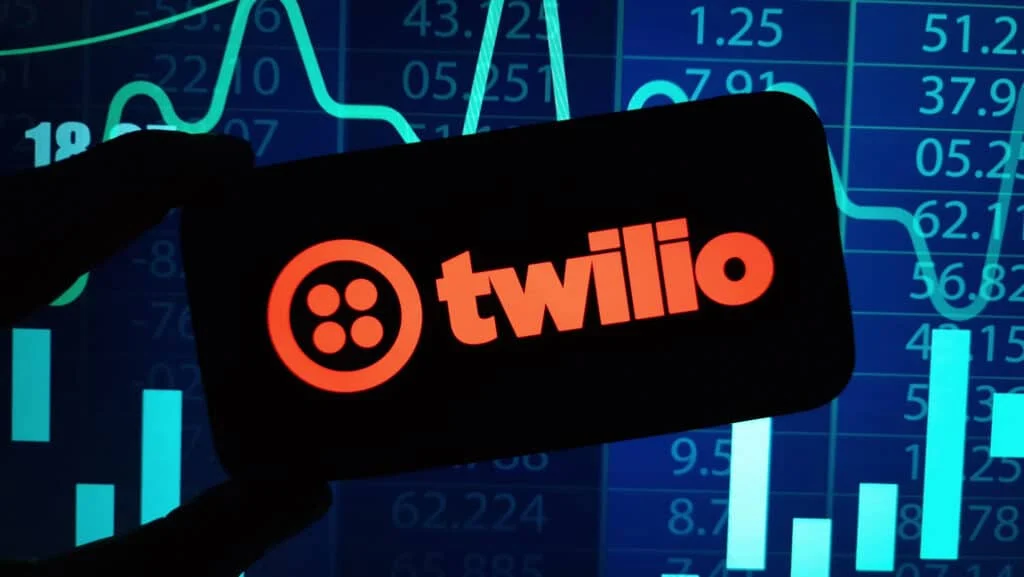The Six Five team discusses What to Expect at CES 2024.
If you are interested in watching the full episode you can check it out here.
Disclaimer: The Six Five Webcast is for information and entertainment purposes only. Over the course of this webcast, we may talk about companies that are publicly traded and we may even reference that fact and their equity share price, but please do not take anything that we say as a recommendation about what you should do with your investment dollars. We are not investment advisors and we ask that you do not treat us as such.
Transcript:
Daniel Newman: First place we’ll head a week into the new year, CES, Pat. Give a couple things you’re going to be eyeing at this year’s event.
Patrick Moorhead: Yeah, first of all, it’s going to be AI, AI, AI, AI. A lot of it’s going to be real, some of it will be just completely made up. And I use your word marketecture. It’s going to be marketing, but the real deal, the AI PC, you’re going to see a lot of people talking about that and the continuum of it. Where we’re going to be in January, we’re going to be in the middle of the year and where we’re going to be at the end of it, everybody wants to own it. All the PC chip makers, all the PC brands, we will see. And we’ll probably see some AI smartphone action. Although NWC is the big show for that, I think you’re going to see people talking about how they will create a supercycle either in the middle of the year or toward the end of the year with these new capabilities.
We saw Google come in with their new micro models which is cool, and we’ve seen Qualcomm galore and what they’re doing with, God, I think it’s 10 different models that you can run on a Snapdragon-based smartphone. We’re going to see AI smart home stuff for those people who still care about the smart home. We’re going to see a lot of what CES has turned into, which has been partially an automotive show, right? We’re going to see safer cars. We’re going to see AI infused into two-wheelers like bikes and motorcycles. And just to close this out, since 1967 when the first CES came to New York City, bigger, better, cheaper TVs and more immersive audio.
Daniel Newman: Yeah. Did you mention AI? I think we’re going to hear some things about AI. I’m going to be really interested in looking for some innovation across digital health. We talked about the wearable and the watch, Pat. I’ve seen so much exciting and encouraging innovation of the tech and insights that we can have on our own health and wellbeing. People can be optimized humanoids, and I think the AI combined with sensors and wearables, readouts, and then complimenting that to LLMs and medical models could really start to help us get better insights in really simple human language that can help us optimize our lives and optimize our health. Our health, Pat, you’ve put a lot of attention into that over the last year and made some really great strides. I think we start to democratize that and bring that to the masses.
The other area that I think is going to be really big this year is just going to be all the AI PC rage. Pat, we started talking about this, but AI PCs, AI devices, all the stuff we’re going to be able to do on our device with AI. 2023 was really about AI in the cloud, and we’ve heard little overtures about AI on the device, but the NPUs, these new abstractions of processing that can be done for AI dedicated workloads with LLMs on our phones, on our PCs, on our tablets, this stuff’s going to get hot. Pat, signal 65 is going to be all over that this year. We’re going to be testing this stuff. We’re going to be testing, we’re going to be telling which OEMs, which silicon is going to be delivering the best and brightest AI capabilities. So we’re going to be looking for the claims, looking for the progress, looking for the new formats and designs that are going to be launched to CES. And this is going to be not just something we’re going to talk about in January, but something we’re going to talk about all year.
Patrick Moorhead: Yeah, man, I got to tell you, man, I don’t even know what those certain set of benchmarks make sense or not.
Daniel Newman: We’re going to create them. And of course, next generation electrification, ADAS, smart cars, safe cars, that’ll be a thing. But that’s been a thing for three or four years, that’s not changing yet. It’s going to get better. It’s going to get bigger. It’s going to get more interesting. It’s going to be another huge show. It’s going to take a week to cover 1/10th of it, but we’ll be there. We’ll be paying attention. And of course, the most important thing that’s happening at this year’s CES is the inaugural launch of The Six Five Live, so look for that there, more to come on that.
Author Information
Daniel is the CEO of The Futurum Group. Living his life at the intersection of people and technology, Daniel works with the world’s largest technology brands exploring Digital Transformation and how it is influencing the enterprise.
From the leading edge of AI to global technology policy, Daniel makes the connections between business, people and tech that are required for companies to benefit most from their technology investments. Daniel is a top 5 globally ranked industry analyst and his ideas are regularly cited or shared in television appearances by CNBC, Bloomberg, Wall Street Journal and hundreds of other sites around the world.
A 7x Best-Selling Author including his most recent book “Human/Machine.” Daniel is also a Forbes and MarketWatch (Dow Jones) contributor.
An MBA and Former Graduate Adjunct Faculty, Daniel is an Austin Texas transplant after 40 years in Chicago. His speaking takes him around the world each year as he shares his vision of the role technology will play in our future.







